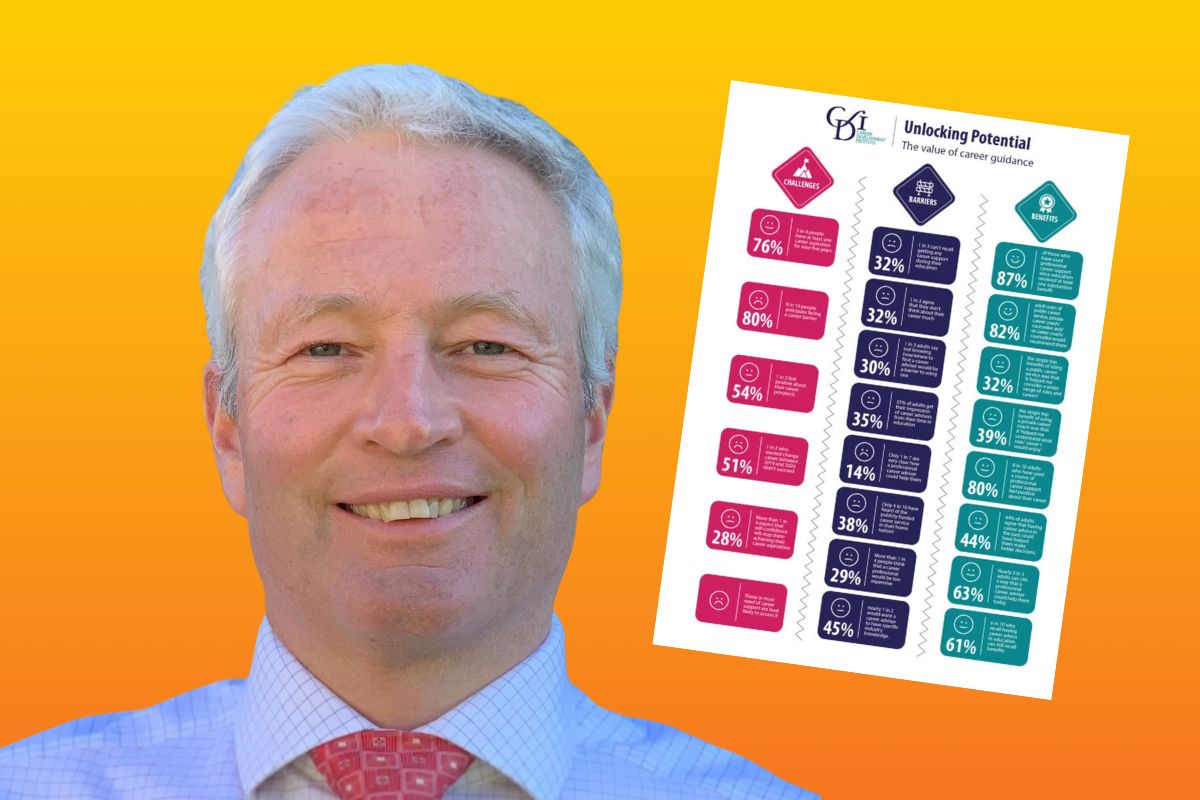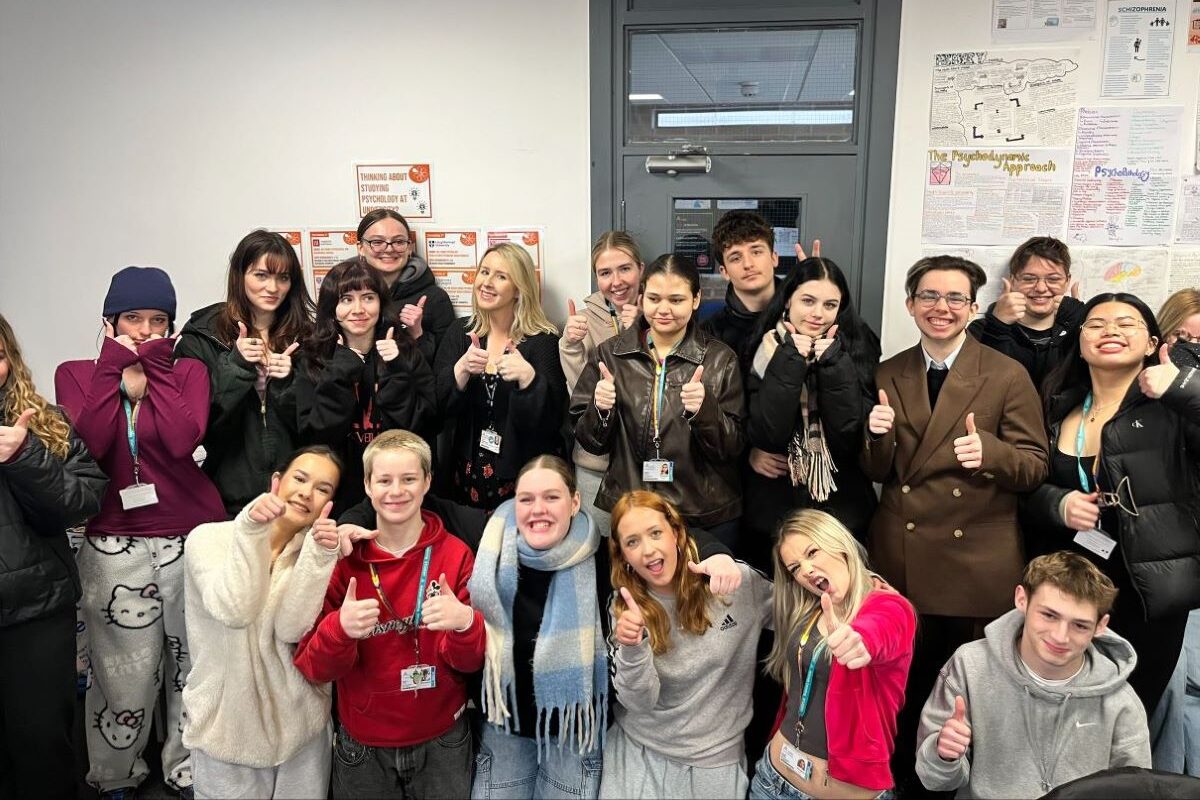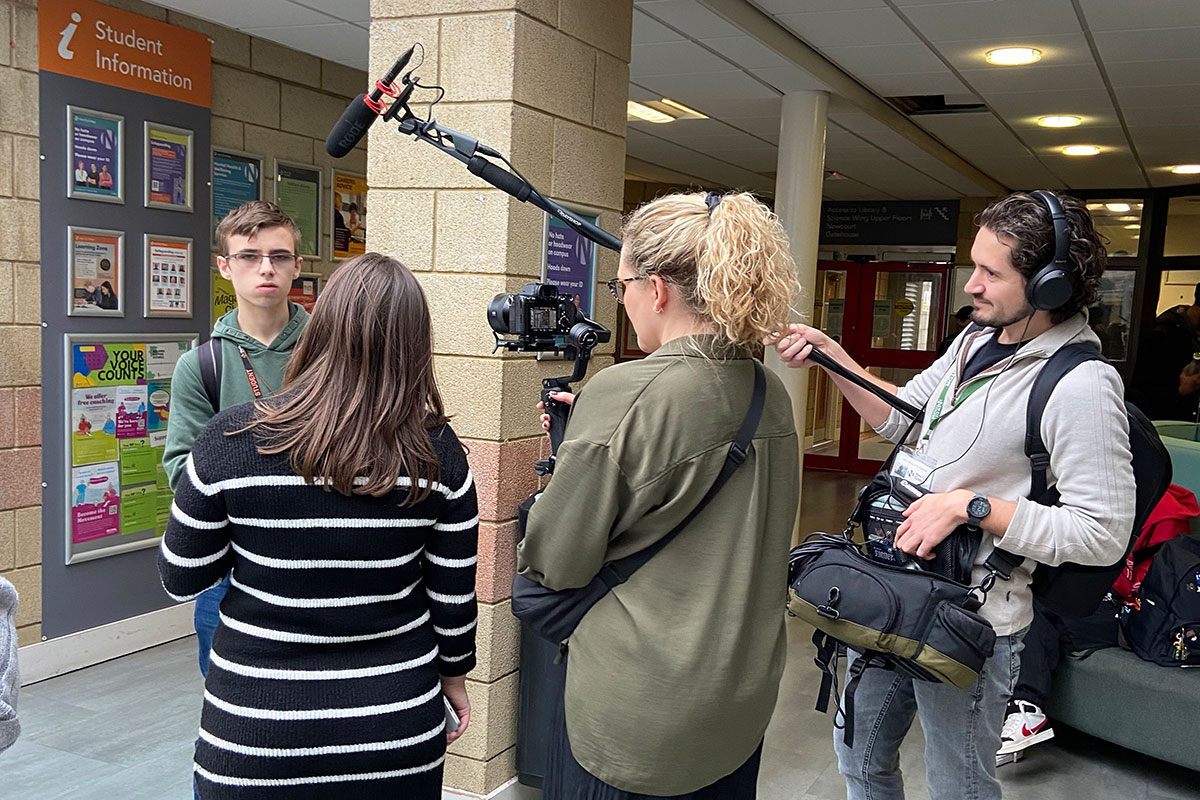Reskilling for Net Zero

The UK Government’s commitment to achieve net-zero carbon emissions by 2050 will bring a major shift in the labour market – with changes to existing jobs, the creation of new ones, and the growth of jobs already considered to be ‘green’.
The existing workforce will need to adapt through upskilling and reskilling, facilitated by the further education and skills system as well as on-the-job training. This will come alongside other ongoing changes to our economy and labour market, which will continue to affect the jobs available and skills required, as well as demographics, meaning people will experience more of these changes over longer working lives.
Learning and Work Institute’s (L&W) New Futures programme, funded by the Covid-19 Support Fund, is exploring what support people need to retrain and change careers. To mark the end of COP 27, we have published a new briefing paper on adults’ awareness of and interest in green skills for work – with research carried out as part of L&W’s annual Adult Participation in Learning Survey.
Given that individuals are also changing their behaviour and use of energy, to help reduce carbon emissions but also due to the cost of living and energy skills, we also survey respondents were asked to rate their confidence to take different actions to reduce their energy use.
Here are three things we learned from the survey:
- Adults lack confidence to take action to reduce their energy use at home, showing the value that a public information campaign could provide.
- Three in five adults (64%) told us that they lack confidence to install an alternative heat source and 50% said that they lack confidence to get renewable energy installed. Although respondents were most likely to say they felt confident to reduce their use of household appliances or lights, 15% said they lacked confidence to make these changes.
- The evidence helps to make a strong case for a public information campaign to increase people’s knowledge and confidence in how they can improve energy efficiency and reduce energy use. The survey results also indicate that some groups of adults may require support to make changes to reduce their use of energy at home. Those who are most likely to lack confidence to reduce their use of household appliances/lights include adults aged 20-44; people in the DE social grade; those in full-time higher education, unemployed and seeking work or are disabled/unable to work; and parents.
- Adults’ awareness of green skills and green jobs is low and some groups of adults may be more likely to miss out on opportunities.
- Around three in five respondents (63%) said that they had never heard of green skills prior to the survey and only one in five (21%) said that they know which green skills employers require in the current labour market. Those most likely to say they are aware of green skills include people aged 17-44, men, those in the social grades AB and C2, working adults, individuals from black, Asian and minority ethnic backgrounds, parents, those who left education aged 21 or over and university graduates.
- Nearly three in 10 adults (29%) agreed that they feel inspired to develop green skills to help progress their career, however barriers need addressing.
- The barrier most commonly identified by adults that might prevent them from developing green skills is not understanding what green skills are (27%). Around one in five adults said they don’t know how to acquire green skills (20%), don’t understand what green skills employers require (20%) or don’t understand what green jobs are available (19%). Some groups of adults were most likely to cite a lack of understanding of what green skills are as a barrier to developing these skills, indicating that they should be targeted for awareness raising. These include women; people aged 25-34 and 45-54; those in the DE social grade; part-time workers and those who are economically inactive; individuals from white backgrounds; and people who left full-time education aged 17-18.
These results not only highlight the scale of work to be done to raise awareness of green skills and green jobs, but also that some groups may be more likely to miss out on opportunities due to lower levels of awareness and understanding, as well as the barriers they face. This emphasises the need for an inclusive approach to green growth, where opportunities are fairly distributed.












Responses